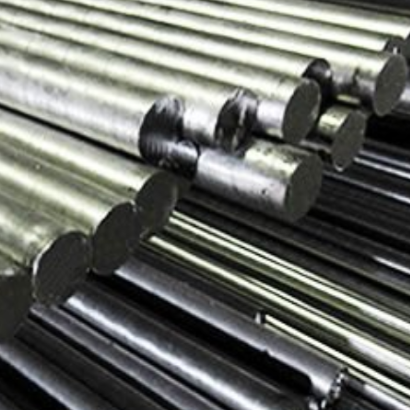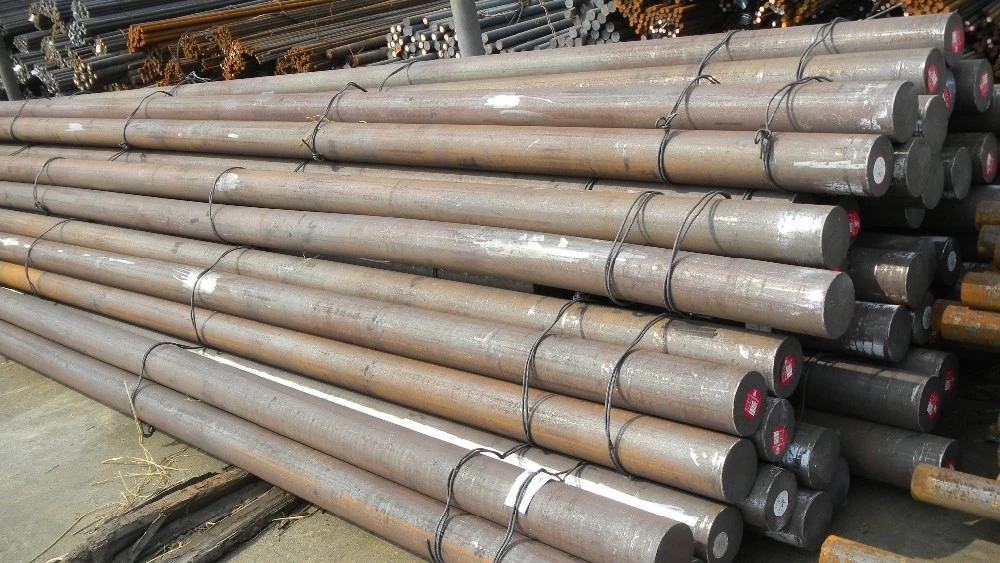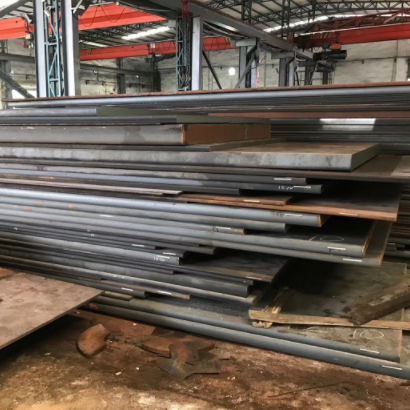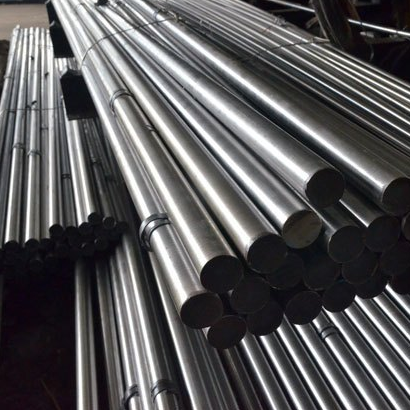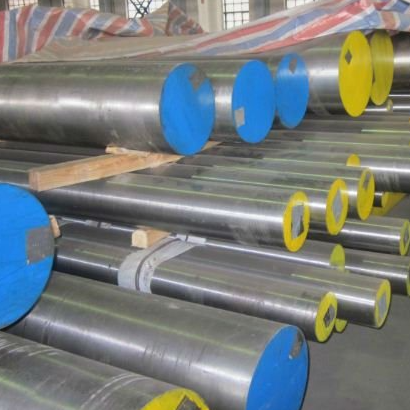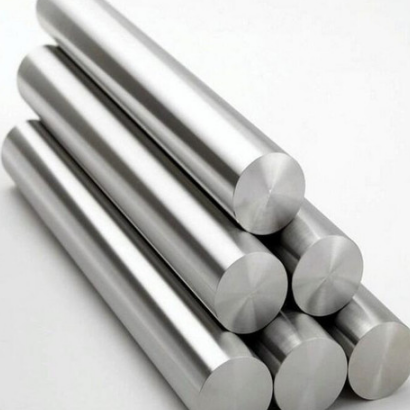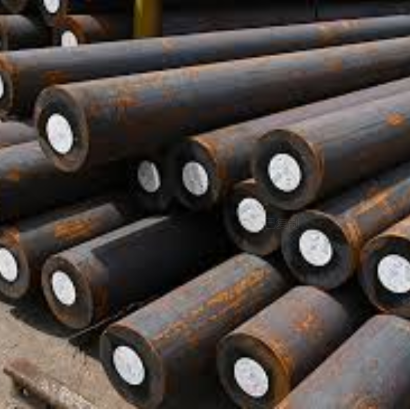D2 steel, also known as tool steel, is a high-carbon, high-chromium steel known for its excellent hardness and wear resistance. It is often used in applications that demand exceptional cutting performance and the ability to retain sharp edges.
Chemical Composition of 4340 Steel
The chemical composition of 4340 steel is as follows:
- Carbon: 0.38% – 0.43%
- Manganese: 0.60% – 0.80%
- Phosphorus: 0.035% (maximum)
- Sulfur: 0.040% (maximum)
- Silicon: 0.15% – 0.35%
- Nickel: 1.65% – 2.00%
- Chromium: 0.70% – 0.90%
- Molybdenum: 0.20% – 0.30%
Chemical Composition of D2 Steel
The chemical composition of D2 steel is as follows:
- Carbon: 1.40% – 1.60%
- Manganese: 0.60% (maximum)
- Phosphorus: 0.030% (maximum)
- Sulfur: 0.030% (maximum)
- Silicon: 0.10% – 0.60%
- Chromium: 11.00% – 13.00%
- Vanadium: 0.50% (maximum)
Mechanical Properties of 4340 Steel
– Strength and Toughness
4340 steel exhibits high tensile strength and toughness, making it suitable for applications that require the ability to withstand heavy loads and impacts without fracturing.
– Hardness and Wear Resistance
4340 steel can be heat-treated to achieve high hardness levels, providing excellent wear resistance for applications subjected to abrasive wear and friction.
– Fatigue Resistance
The steel’s fatigue resistance is noteworthy, making it suitable for components and parts that experience cyclic loading.
Mechanical Properties of D2 Steel
– Strength and Toughness
D2 steel possesses exceptional strength and toughness, allowing it to retain its structural integrity even under high impact loads.
– Hardness and Wear Resistance
D2 steel is known for its high hardness, making it suitable for applications that require a sharp cutting edge and resistance to wear.
– Corrosion Resistance
D2 steel offers good corrosion resistance due to its high chromium content, but it may not be as corrosion-resistant as some stainless steels.
Heat Treatment of 4340 Steel
The heat treatment of 4340 steel typically involves processes like quenching and tempering to achieve desired hardness and mechanical properties.
Heat Treatment of D2 Steel
D2 steel is commonly heat-treated through a process called hardening, followed by tempering to optimize its hardness and toughness.
Applications of 4340 Steel
– Aerospace and Defense Industry
4340 steel finds use in aerospace and defense applications for its high strength and toughness, essential for critical components in aircraft and military equipment.
– Automotive Components
In the automotive industry, 4340 steel is used for various components such as crankshafts, connecting rods, and gears due to its durability and fatigue resistance.
– Oil and Gas Equipment
4340 steel is employed in the oil and gas sector for drill collars, shafts, and other components that require high strength and resistance to wear and corrosion.
– Tool and Die Making
The steel’s high hardness and toughness make it suitable for tool and die making, where sharp cutting edges and resistance to wear are vital.
Applications of D2 Steel
– Cutting and Forming Tools
D2 steel is widely used for cutting and forming tools, such as saw blades and shear blades, due to its high hardness and ability to retain sharp edges.
– Stamping and Punching Dies
The steel’s toughness and wear resistance make it ideal for stamping and punching dies used in metal forming processes.
– Blanking and Shearing Tools
D2 steel is well-suited for blanking and shearing tools that require precise cutting and high wear resistance.
– Industrial Knives
D2 steel is often used to manufacture industrial knives for various cutting applications, including paper and plastic processing.
Comparative Analysis of Strength and Toughness
While both 4340 steel and D2 steel exhibit high strength and toughness, 4340 steel has superior toughness and impact resistance due to its nickel and molybdenum content.
Comparative Analysis of Hardness and Wear Resistance
D2 steel outperforms 4340 steel in terms of hardness and wear resistance, making it the preferred choice for applications requiring sharp cutting edges and excellent wear performance.
Comparative Analysis of Fatigue and Corrosion Resistance
4340 steel demonstrates better fatigue resistance, especially in applications with cyclic loading. However, D2 steel offers good corrosion resistance due to its higher chromium content.
